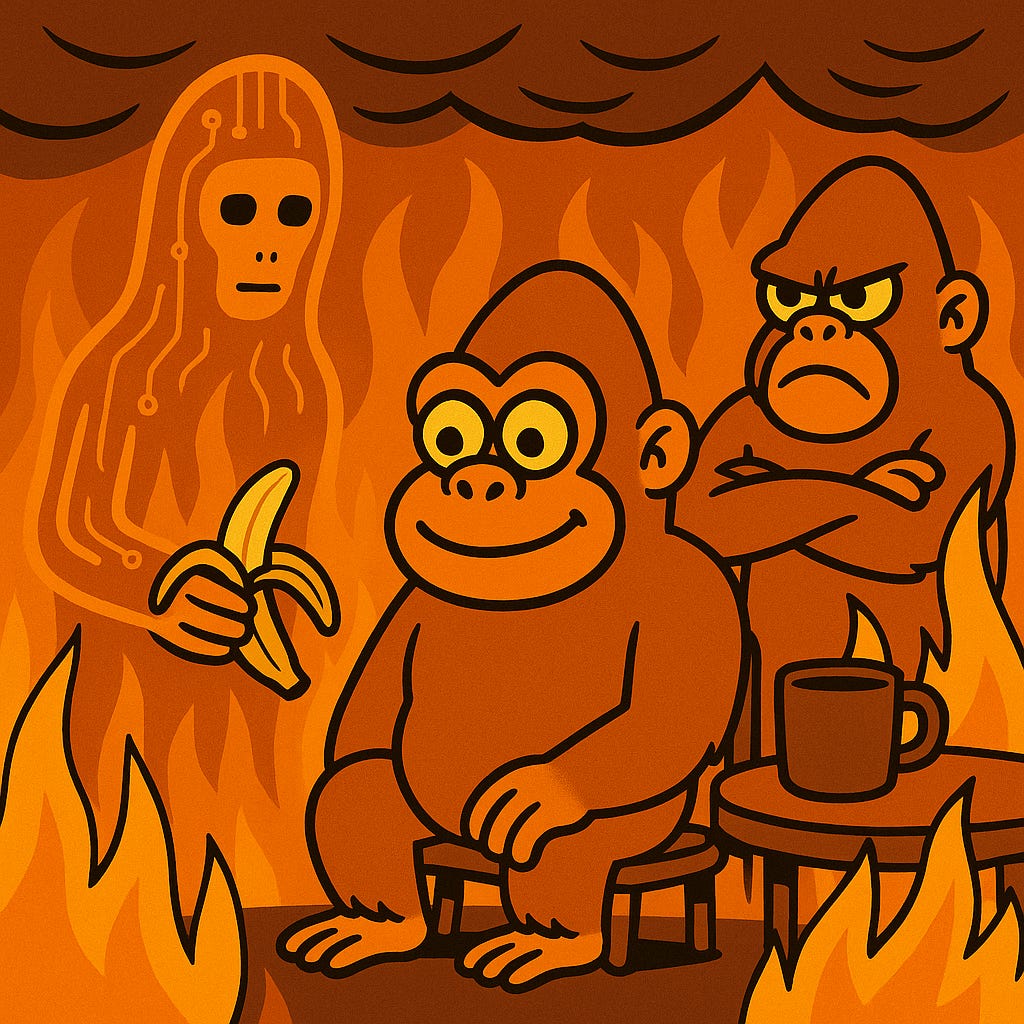You are fine with AI stealing people’s jobs
Do you still pay a human to book your flights?
I often hear the argument that AI is bad because it will “steal people’s jobs.” My take is that no one is against automation of jobs - they’re against automation of their job.
Let’s take you as an example. You (probably) have a job. You’d be terribly upset if you lost it to automation. Your family would commiserate and your friends would rage-tweet.
Everyone else would shrug and proceed to enjoy the upgrade.
If you disagree, do you...
Pay a human travel agent to book flights or do you use Expedia?
Use EZPass on toll roads, or do you idle behind the last staffed toll booth?
Buy hand-loomed or machine-made socks (the original issue that set off the Luddite rebellion)?
Sympathy evaporates the moment convenience enters the chat. Each of those conveniences erased entire career tracks and put thousands out of work. Do you care? Not really.
That’s little solace to the drivers, coders, support reps, artists, designers and actors (and really everyone) now staring down the barrel of obsolescence. But we’ve been here before and we know how this plays out. History shows that the audience cheers when the curtain falls on expensive, slow, or error-prone human labor.
If AI takes a hammer to many industries at once over the next decade, as I’m expecting, and it eliminates many more jobs than it creates (more on that in a future post) then, as a society we are going to need to rethink the social compact in a big way. Maybe universal basic income, maybe universal basic compute, maybe Mad Max. I don’t think we’ve even begun, as a society, to sketch out how to make this looming change go well.
One thing I’m sure of is that we aren’t going to hold off from applying AI to automate jobs for the sake of those employed. If are unconvinced, just ask your neighborhood knocker-upper.
Co-written by OpenAI’s o3


